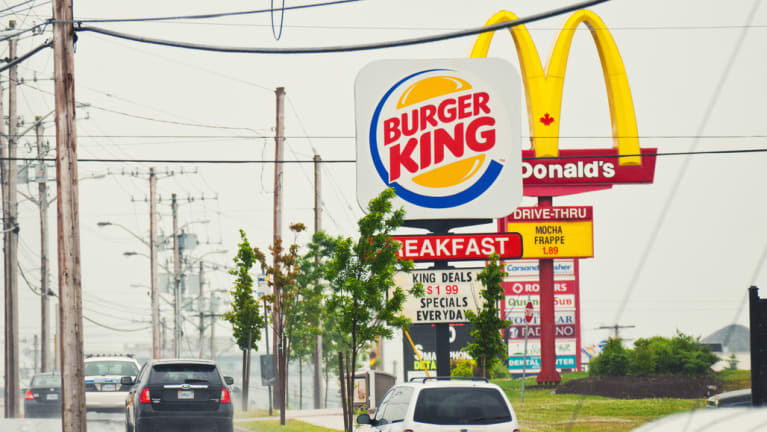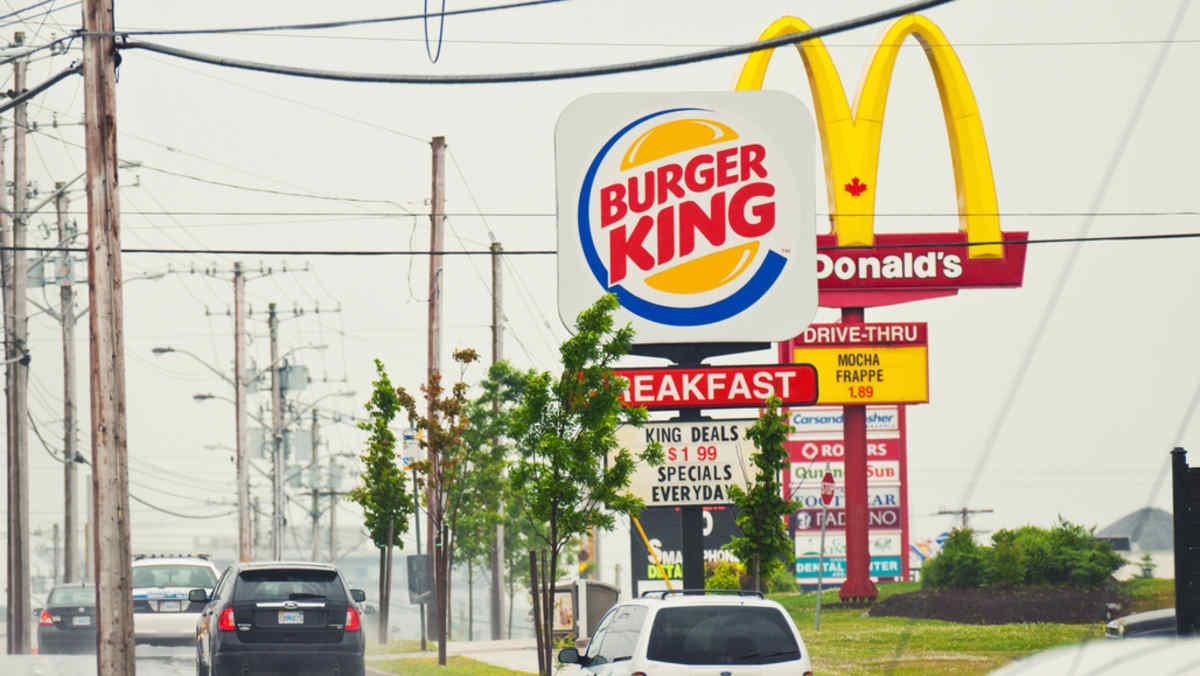

?A bill recently introduced in the California legislature would make fast-food franchisors jointly liable for the franchisee’s violations of employment law.
Currently, only the franchisee has civil liability for issues like minimum wage, overtime, off-the-clock and meal break violations; sexual harassment; discrimination; workplace injuries and workplace violence. Franchisees typically handle hiring, firing, pay rates, scheduling and work assignments, while the franchisor controls the branding, advertising, trademark and some real estate decisions.
The proposed bill would be “a fundamental change to the relationship. Currently, franchisees operate very independently on a day-to-day basis from the franchisor,” said Alden Parker, an attorney with Fisher Phillips in Sacramento, Calif. “This threatens that independence that they enjoy.”
“For franchisors, this expanded liability would be a huge shift and [would] require balancing between effectively screening potential franchisees and ensuring their compliance, while not overstepping the boundaries that are supposed to exist between franchisors [and] franchisees,” said Michael Kalt, an attorney with Wilson Turner Kosmo in San Diego.
Under the proposed bill, the franchisor would receive written notice of legal violations and have 30 days to remedy the situation and come into compliance. That period could be extended to 60 days if the franchisor requests an extension.
The bill would apply to fast-food chains consisting of 100 or more establishments nationally that share a common brand, characterized by standardized options for decor, marketing, packaging, products and services. It would cover fast-food restaurants where customers pay before eating, and food is served for immediate consumption with little or no table service.
The bill is intended to reduce the number of legal violations, “but time will tell if that is the case if enacted,” Kalt said. “The bill’s author suggests having the franchisor face liability will increase their oversight over the franchisees to ensure wage and hour laws are followed.”
Fast-food workers “face systemic issues, such as low pay, health and safety, wage theft and more, and the only way to address them is to give cooks and cashiers a real seat at the table with their employers,” said David Huerta, president of the Service Employees International Union’s California State Council in Sacramento.
Looking Ahead
Opinions differed on the likelihood of the bill passing.
“There is a decent chance it gets enacted during this session,” Kalt said, because “it appears to be a legislative priority,” and there’s a Democratic majority in the state legislature.
However, Parker said, “I would hope that [it] has little to no chance of passing. I do fear that over time, it could gain momentum in some people’s eyes and come close. It should ultimately fail.”
Martha Doty, an attorney with Alston & Bird in Los Angeles said, “I anticipate there will be significant industry challenges to the bill, making passage this year difficult.”
Similar provisions were stripped from a bill called the FAST Recovery Act (AB 257) before it passed last year because the joint liability for franchisors didn’t have enough support, Parker explained. A Sacramento County Superior Court judge temporarily blocked the FAST Recovery Act, which is set to appear as a referendum on voters’ ballots in November 2024. The FAST Recovery Act sought to establish a council tasked with establishing standards on minimum wages, maximum work hours, training and other working conditions applicable to workers in the fast-food industry.
“This particular industry is on the radar of lawmakers, the plaintiff’s bar and organized labor,” Kalt said.
“The best thing that these employers can do is avoid the need for such bills by ensuring compliance with the myriad [California] Labor Code provisions.”
In general, franchisors have access to much more money than franchisees. “The plaintiff’s bar could see a much bigger payday if they could pierce the legal distinction between franchisees and franchisors and hold the latter liable for the former,” Kalt noted.
“I do think it would probably spawn more wage and hour lawsuits if passed, simply because this would provide a vehicle for plaintiff’s attorneys to have a deeper pocket at the table,” Parker said. “It has the potential to devastate the entire franchisee community.”
The civil liability “should stay with the entity that controls the person’s wages, terms and conditions,” he added. “It should be with whoever controls the day-to-day operations. That’s not what a franchisor does.”
Unions have been advocating in support of the FAST Recovery Act and other fast-food regulations. “This is a ripe area for the unions to gather steam,” said Joy Rosenquist, an attorney with Littler in Sacramento, Calif. “Organized labor is behind these bills in an effort to increase their membership numbers.”

